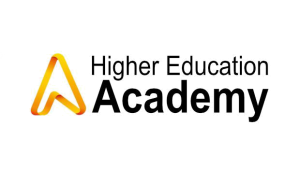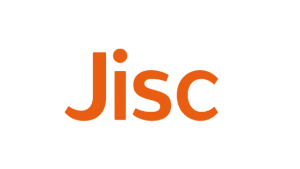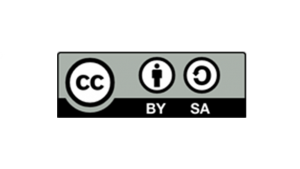Developing Inclusive Learning Communities
In this Study Area you are invited to explore diversity and inclusivity in performing arts pedagogy and to consider how your own practice might facilitate a more inclusive learning community. The resources also consider the challenges and benefits presented by widening participation and the growing numbers of international students in UK Higher Education.
Areas explored include:
In April 2010 The Equality Act replaced existing UK law on Race Relations, Gender, and Disability. The Act now points to the duty of public bodies – including HE Institutions – to have due regard to the need to eliminate discrimination, advance equality of opportunity, and foster good relations between different people carrying out their activities. So it falls to every member of a learning community to consider how their practice might adhere to The Equality Act and foster the aspirations of the UK HE Funding Council. As teachers in the Performing Arts where do we start?
”The higher education sector occupies a unique position in society; providing ideas-led drivers that result in economic as well as social change. Enbedding equality and diversity, particularly through systemic change, has the potential to produce huge benefits for society as a whole. HEI's have the opportunity to influence people at a formative period in their life, contribute new and developing models of economic and social activity and embedded attitudes that staff and students will carry with them into wider society.
David Ruebain. Chief Executive. Equality Challenge Unit. 2011.25th March 2003.
The UK Higher Education Funding Council are clear about the importance of the inclusive learning community:
- Widening access and improving participation in higher education are a crucial part of our mission. Our aim is to promote and provide the opportunity of successful participation in higher education to everyone who can benefit from it. This is vital for social justice and economic competitiveness.
- Widening participation addresses the large discrepancies in the take-up of higher education opportunities between different social groups. Under-representation is closely connected with broader issues of equity and social inclusion, so we are concerned with ensuring equality of opportunity for disabled students, mature students, women and men, and all ethnic groups.
- We work with higher education institutions and other organisations to raise aspirations and educational attainment among people from under-represented communities to prepare them for higher education, ensure success on their programme of study, improve their employment prospects and open possibilities for postgraduate study, and give them opportunities to return to learning throughout their lives.
At Rose Bruford College, moving to a new accessible site in 2001 made it possible to be more fully inclusive in terms of physical access. But we wanted to go further than this. We first focused on Precepts from the Code of practice for the assurance of academic quality and standards in higher education, Section 3: Disabled students:
- Programme specifications should include no unnecessary barriers to access by disabled people (8)
- The delivery of programmes should take into account the needs of disabled people or, where appropriate, be adapted to accommodate their individual requirements (10)
- Institutions should ensure that, wherever possible, disabled students should have access to academic and vocational placements including field trips and study abroad (11)
Then, working with Graeae Theatre Company we began an audit of all our programme documentation and a series of workshops which enabled a culture of inclusivity to grow .
Study Rooms
The work described above is documented in an article in the Case Study Room and in the Into the Scene DVD in the Visual Resources Room.
In a similar way a later audit of diversity in playtext choice made us more aware of widening horizons, and a range of contemporary intercultural and alternative theatre work was subsequently explored in three major research symposiums.
Developing a more inclusive learning community involves developing study support structures for a more diverse student cohort which includes a growing number of international students. You will find resources in this area to help you consider these issues. In the Reflection Room you will find Reflection Prompts that encourage you to record your considerations in your Reflective Portfolio.




